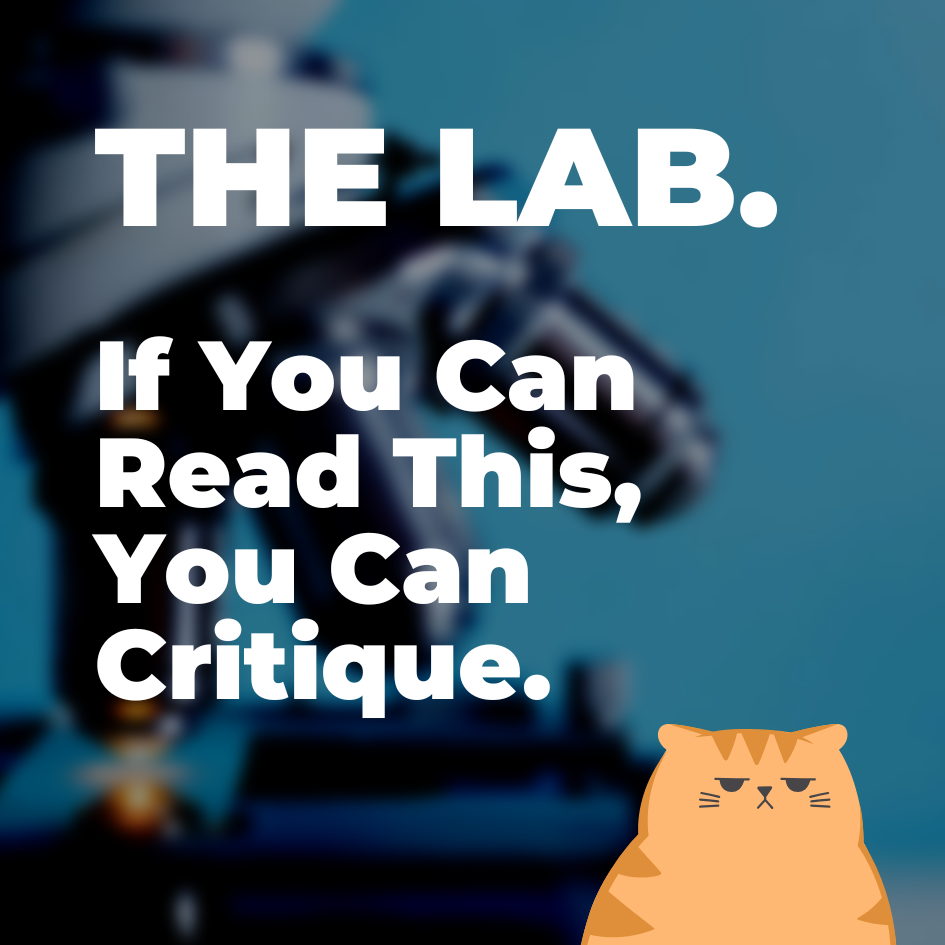Paul Whybrow
Full Member
I've previously commented on how a writer's appearance could affect how successful they are—that is, are they photogenic enough to be a sales asset?
https://colony.litopia.com/index.php?threads/ how-photogenic-are-you.2657/
Today, I came across this worrying story about age discrimination.
It looks like the writing course organisers rattled the wrong tiger's cage, for the plaintiff, a 68-year-old self-published writer was formerly a lawyer. It's hard to argue with the figures he quotes, that out of 100 applicants over the age of 50 who applied for the course over the last five years, all were rejected!
I'm 63 and surprised and delighted to be so, for I've had several close brushes with death and I come from a long line of menfolk who died in their 40s and 50s. Thankfully, I'm in great health, and confident of my abilities as a writer (if not my skills as a salesman ), but all the same, doubts have trickled into my ego when I've wondered if being a debut author is possible at my age. When I see literary agencies staffed by pretty young things called Letitia, Honora, Jessica and Petronella, who are all in their 20s and 30s, I can't imagine them looking favourably on someone old enough to be their grandfather.
), but all the same, doubts have trickled into my ego when I've wondered if being a debut author is possible at my age. When I see literary agencies staffed by pretty young things called Letitia, Honora, Jessica and Petronella, who are all in their 20s and 30s, I can't imagine them looking favourably on someone old enough to be their grandfather.
Then, I look at their roster of authors, and there are very few who are older than 50. I think that it's illegal, under U.K. law, to ask a writer's age when querying, though many agencies circumvent this by asking for details of your writing career. Some literary agencies have client pages that resemble the glossy headshots of modelling agencies.
There's nothing wrong with a beautiful woman or a handsome man making a go of it as an author, provided their talent supports their looks. It can be that being attractive can be detrimental to getting taken seriously in an intellectual career. Readers might even be put-off if the author's mugshot shows someone who's stunning. It could be that my grizzled biker looks and age will help to sell my Cornish Detective novels.
The patron saint of older writers should be Mary Wesley, who published her first adult novel at the age of 71. Her work was very racy and has been successfully adapted into television series. She had ten bestsellers, shifting 3,000,000 books, before dying at 90.
I remind myself of her moxie when I'm writing.
Have any of you experienced ageism in publishing?
Do you have any doubts about being too old—or too young—to be taken seriously?
https://colony.litopia.com/index.php?threads/ how-photogenic-are-you.2657/
Today, I came across this worrying story about age discrimination.
It looks like the writing course organisers rattled the wrong tiger's cage, for the plaintiff, a 68-year-old self-published writer was formerly a lawyer. It's hard to argue with the figures he quotes, that out of 100 applicants over the age of 50 who applied for the course over the last five years, all were rejected!
I'm 63 and surprised and delighted to be so, for I've had several close brushes with death and I come from a long line of menfolk who died in their 40s and 50s. Thankfully, I'm in great health, and confident of my abilities as a writer (if not my skills as a salesman
Then, I look at their roster of authors, and there are very few who are older than 50. I think that it's illegal, under U.K. law, to ask a writer's age when querying, though many agencies circumvent this by asking for details of your writing career. Some literary agencies have client pages that resemble the glossy headshots of modelling agencies.
There's nothing wrong with a beautiful woman or a handsome man making a go of it as an author, provided their talent supports their looks. It can be that being attractive can be detrimental to getting taken seriously in an intellectual career. Readers might even be put-off if the author's mugshot shows someone who's stunning. It could be that my grizzled biker looks and age will help to sell my Cornish Detective novels.
The patron saint of older writers should be Mary Wesley, who published her first adult novel at the age of 71. Her work was very racy and has been successfully adapted into television series. She had ten bestsellers, shifting 3,000,000 books, before dying at 90.
I remind myself of her moxie when I'm writing.
Have any of you experienced ageism in publishing?
Do you have any doubts about being too old—or too young—to be taken seriously?




